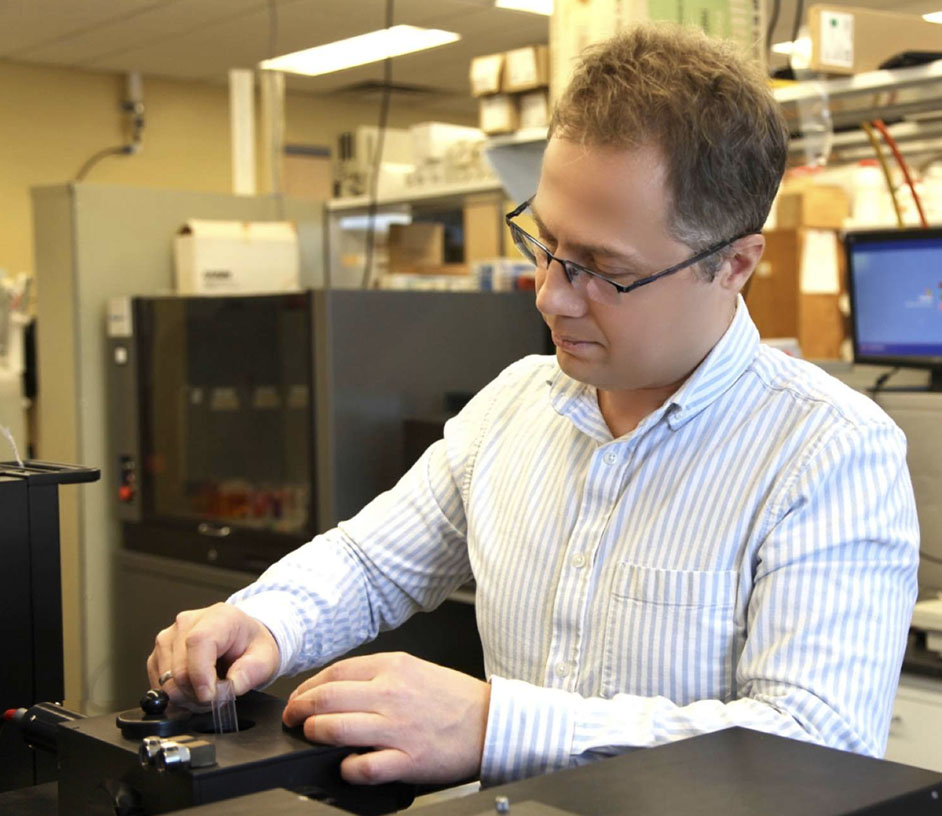- 01/26/2023 01:00:00 AMCAREER Award Opens New Doors to Understanding the Biochemical Mechanisms of Immune Surveillance at the Molecular LevelMehmet Şen’s research takes a closer look at immune cell receptor structures.msen2@central.uh.edu
 Biology & Biochemistry
Biology & Biochemistry
